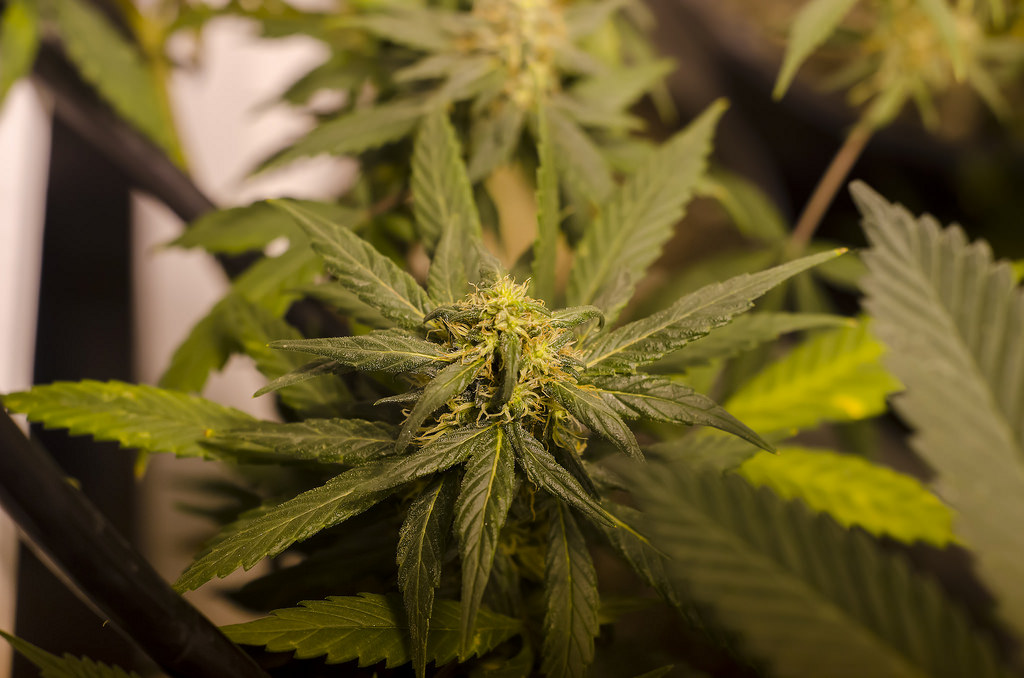Jeff Sessions, the new United States Attorney General, voiced his opposition to cannabis legalisation on Monday and his arguments are… not based in fact. Sessions has argued that cannabis is linked to violence, that the potency of cannabis today is dangerous and that state-level regulation leads to increased youth consumption, despite evidence to the contrary.
“Experts are telling me there’s more violence around marijuana than one would think and there’s big money involved,” Session said, adding, “you can’t sue somebody for drug debt; the only way to get your money is through strong-arm tactics, and violence tends to follow that.” What Sessions has failed to realise is that it is the black market that generates this violence and that regulation is exactly what is needed to eliminate it. Once everything is above board, there will be no need for so-called “strong-arm tactics”.
Sessions also said, “I believe it’s an unhealthy practice, and current levels of THC in marijuana are very high compared to what they were a few years ago, and we’re seeing real violence around that.” Sessions is right about one thing: that levels of THC, the psychoactive component of cannabis, are higher than a few decades ago, but this has not translated to an increase in violence. There is some evidence that a higher potency means that people just smoke less of it. What is more of a concern is the prevalence of high THC, low CBD strains that have come to dominate the illegal market, providing less choice for those consuming cannabis, and preventing them from accessing safer, balanced strains. Regulation allows the government to make sure that the cannabis on the market is safe for consumers, rather than criminal gangs controlling the potency.
The Attorney General implied that regulation would lead to more people smoking cannabis. He said “I don’t think America is going to be a better place when people of all ages and particularly young people, are smoking pot.” This assumption that regulation would lead to increased consumption in young people has been shown numerous times to be unfounded. In contrast, the reality is that under 18s are using cannabis less in the states where it is now legal.
Even the governor of Colorado, John Hickenlooper, who was, for a long time, sure that legalising cannabis in the state was a “bad idea”, spoke to NBC last Sunday implying that his views have changed. One of his reasons was that Colorado “didn’t see a spike in teenage use – if anything, its come down in the last year”.
While Sessions’ comments on the effects of cannabis regulation are misinformed, his most ominous remark was regarding the position of the federal government regarding state laws. Former President Obama’s Justice Department allowed states to make up their own minds on cannabis and offered guidance to federal prosecutors to refrain from targeting state-legal cannabis operations. But guidance is not law and could be reversed by the new administration.
On this, Sessions said “I’m definitely not a fan of expanded use of marijuana. States, they can pass the laws they choose; I would just say it does remain a violation of federal law to distribute marijuana throughout any place in the United States, whether a state legalises it or not.” His words echo what Sean Spicer suggested last week about a federal “crackdown” on recreational cannabis. It is, however, in total contrast to what President Trump said throughout his campaign that it was up to the states to choose. Sessions’ comments have sparked concern that the new administration plans to use the full force of the federal government to undermine states laws on recreational cannabis.
For example, Sessions may plan to use the FBI to crack down on cannabis trade nationwide, or direct the Drug Enforcement Administration (DEA) to enforce federal prohibition throughout the country. The Court of Appeals for the Ninth Circuit ruled in August that a federal rider blocks federal officials from prosecuting people involved in state-legal cannabis operations, both consumers and those in the production and distribution. However, the rider must be re-approved annually and if its allowed to expire, Sessions could then order the DEA to enforce federal law nationally. He could also sue the state governments who have set up regulatory schemes. If these actions were to take place, it could mean a step back for drug policy reform in the US and set a precedent for the federal government to overrule states on these matters. It would be very unlikely to go unchallenged however, as 71% of Americans want the federal government to respect state laws on cannabis, whatever they may be.
There has already been a considerable backlash to Session’s comments from drug reform advocates, such as NORML executive director Erik Alterieri. Mr Alterieri said in a statement on Monday: “Marijuana legalisation has not lead to increased violence, but rather has lead to lowered youth use rates increased tax revenue and fewer arrests of otherwise law abiding American citizens. The truth is that legalisation is working and the views recently espoused by Attorney General Sessions are reckless, irresponsible and outright false.”
Whilst there is understandable concern about these comments, they are not too surprising given Sessions’ history of opposition to cannabis legalisation. During a Senate hearing last year, he spoke out against weed and urged the federal government to send the message to that public that “good people don’t smoke marijuana.” He also criticised President Obama for allowing states to control their own laws regarding cannabis, saying “we need grown-ups in Washington to say marijuana is not the kind of thing that ought to be legalised”.
Sessions’s arguments are simplistic and outdated, while the issues that he brings up around violence and youth consumption are problems that would be remedied by a regulated market. This is evidenced by the success stories of the states where cannabis has already been legalised, which Session would know if he had reviewed the evidence before opening his mouth.
Words by Abbie Llewelyn. Tweets @Abbiemunch


